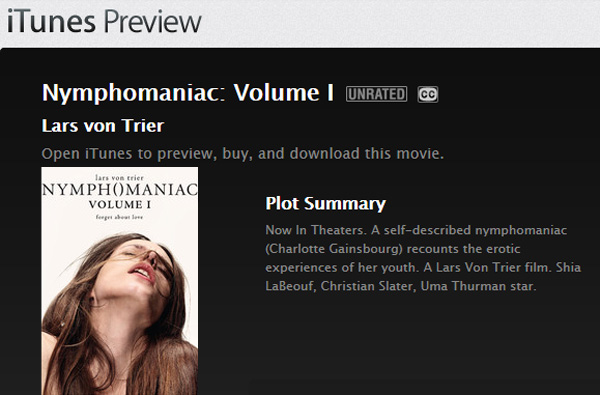Pirate Bay’s Longest Surviving Torrents Turn 10 Years Old
samedi 29 mars 2014 à 19:42 The Pirate Bay is currently the most widely known file-sharing site on the Internet, but this certainly wasn’t the case ten years ago.
The Pirate Bay is currently the most widely known file-sharing site on the Internet, but this certainly wasn’t the case ten years ago.
At the time the notorious torrent site had just launched. It was available in Swedish language only and hosted just a few hundred torrent files.
Needless to say, the site has evolved quite a bit since, but interestingly enough several of these early uploaded files are still alive and well. In fact, the oldest Pirate Bay torrent with at least one seeder turns ten years old today.
TF asked the Pirate Bay team to find out what the oldest surviving uploads are and a “Top Secret Recipes E-books” torrent come out on the top of that list. As can be seen below, the torrent in question was uploaded March 29, 2004 by a user named Wallis.

At the time the file was uploaded The Pirate Bay looked more like this, and it’s quite remarkable that the file is still being seeded after all these years.

The second oldest Pirate Bay torrent that’s still actively seeded is an “Italian Teens Home Video.” This file was uploaded on March 30, 2004 and currently has three seeders. The third place goes to a pirated copy of “Revolution OS”, a documentary covering the history of Linux, GNU and the free software movement.
Revolution OS director J.T.S. Moore previously told us that he has mixed feelings about this achievement. He doesn’t support the unauthorized distribution of his work, but said that it’s good to know that so many people are still interested in it.
“It’s definitely a problem, but I guess there’s some satisfaction in knowing that REVOLUTION OS still has appeal for some people twelve years later,” Moore told TF.
Below is the top five list of oldest torrents on The Pirate Bay with at least one confirmed seeder at the time of writing. It will be interesting to see is any of these are able to survive another decade. That is, if The Pirate Bay is still around by then.
—
| # | Torrent | Uploaded | Seeders | Peers |
|---|---|---|---|---|
| torrentfreak.com | ||||
| 1 | Top Secret Recipes E-books | 2004-03-29 | 7 | 0 |
| 2 | Italian Teens Home Video | 2004-03-30 | 3 | 0 |
| 3 | Revolution OS | 2004-03-31 | 46 | 2 |
| 4 | LotR – War of the Ring | 2004-03-31 | 2 | 3 |
| 5 | Complete Idiots Guide to Amazing Sex | 2004-04-03 | 2 | 0 |
Source: TorrentFreak, for the latest info on copyright, file-sharing and anonymous VPN services.
 In the early days of 2013 it became clear that after years of wavering, Russia was finally going to get tough on Internet piracy. Despite outcry from Internet giants such as Google, and Yandex, the country’s largest search engine, the government pressed ahead with its plans.
In the early days of 2013 it became clear that after years of wavering, Russia was finally going to get tough on Internet piracy. Despite outcry from Internet giants such as Google, and Yandex, the country’s largest search engine, the government pressed ahead with its plans.

 To most consumers it is common sense that they can make a backup copy of media they own, but in the UK this is currently illegal.
To most consumers it is common sense that they can make a backup copy of media they own, but in the UK this is currently illegal. 
